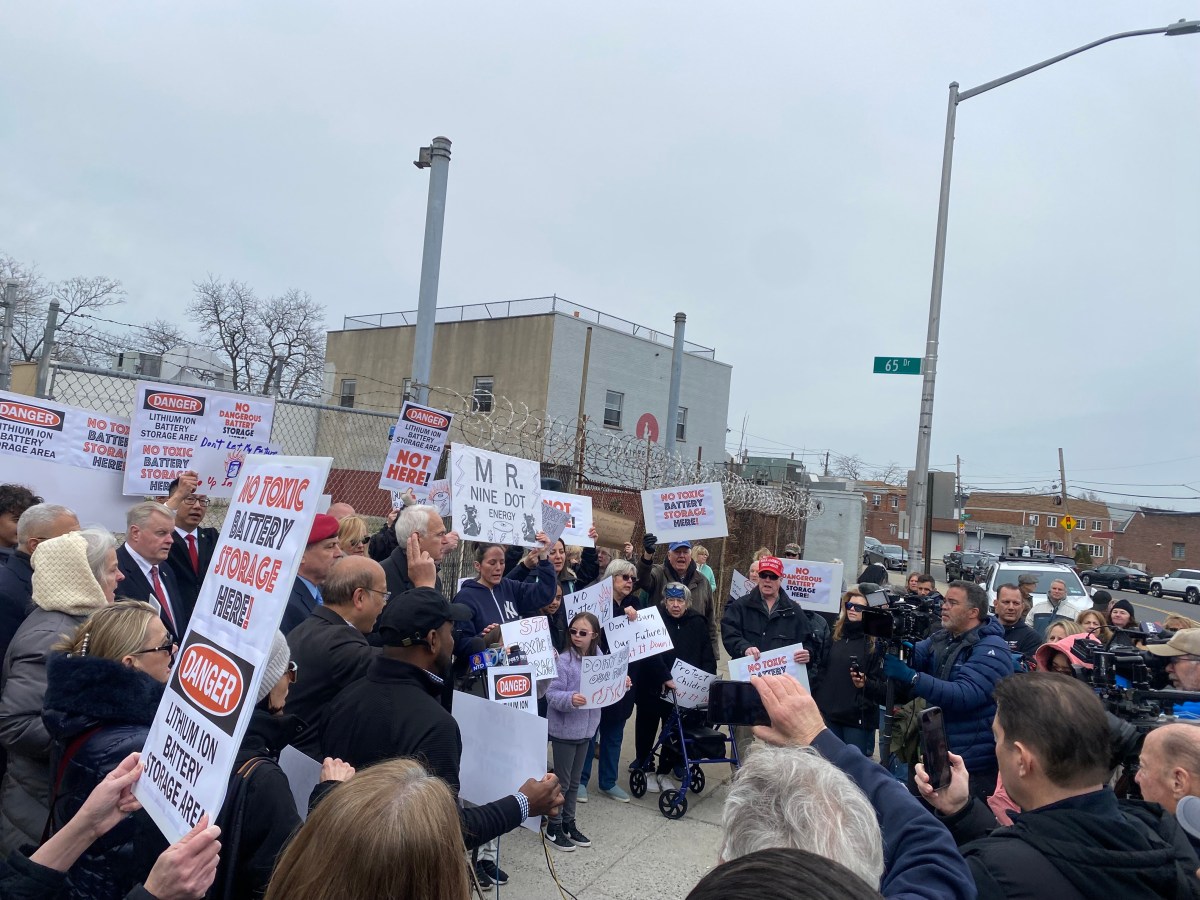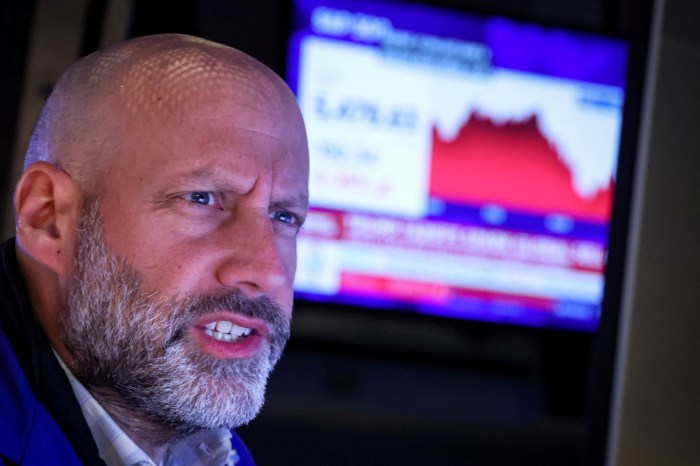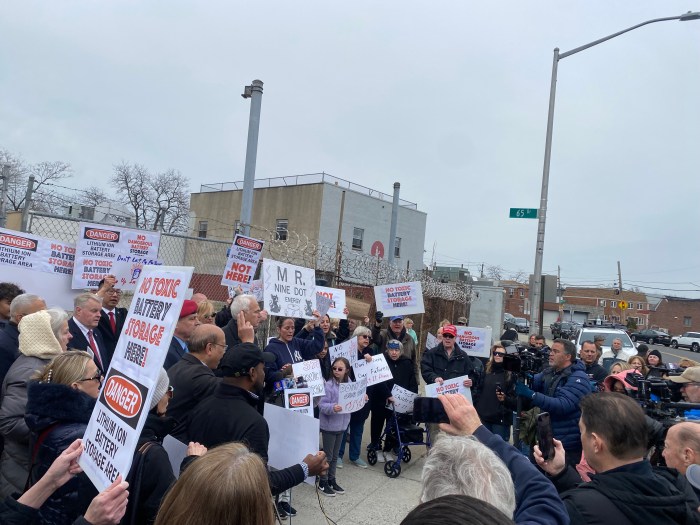After six years of offering pro-bono counseling to Islamic students at NYU, Maryum Khwaja realized that her services were needed beyond the university.
Khwaja, a licensed clinical social worker, was helping students and members of the community, but felt she could do more. So, she founded Nasiha Counseling four years ago as a way to meet the need for religiously-focused counseling within the Muslim community.
“There are a lot of people that have come to us that might have tried therapy outside, and felt that they were targeted a whole lot,” said Khwaja. “Our goal is to provide that kind of middle ground where they can be heard without being judged.”
Khwaja said she focuses her sessions on mind, body and spirit.
“Spirituality is a very critical component of human life,” Khwaja said. “I think when we shut off that part of us, it becomes very dangerous. Or if we are too rigid in our religious practices, it can be very dangerous as well. I think it’s critical. It shapes our understanding of life.”
Nasiha isn’t the only organization serving religious communities in the city.
The Jewish Board of Family and Children’s Services serves people of all religious, ethnic and socioeconomic backgrounds, but their program Jewish Community Services is specifically for the city’s Jewish population.
Director of Jewish Community Services Jonathan Katz said a religious approach supplements secular methodologies in mental health services. Their program integrates essential mental health and social services with faith.
“A religious approach adds the ideas of values, morals and traditions that contribute to good mental health,” said Katz.
According to Katz, mental health is about enjoying life, participating in community and managing feelings.
“We’re talking about both rewards and responsibilities, how to connect with other people in a constructive way,” he said.
Rev. Shari Brink, the president and CEO of the Blanton-Peale Institute and Counseling Center, said mental health isn’t about having a perfect life or always being happy.
“It means that I’m able to experience a full range of emotions… and I’m able to connect in supportive and bonded ways with other people,” said Brink.
Blanton-Peale was founded in 1937 with the goal of uniting psychology and Christianity. Today they are no longer focused on one religion, but serve people from all backgrounds and beliefs.
“Every group, every racial, ethnic, every socioeconomic group, every religious group, experiences mental health issues and the particularities of how they’re affected varies based on some of those other factors,” Brink said.
Blanton-Peale reaches out to different groups in order to educate and influence religious communities to better understand mental health. Brink said that part of their stigma comes from a belief that “faith on its own ought to be enough to work through their mental illness.”
Young Muslim leaders and imams have helped change the mental health stigma within the Muslim community, according to Khwaja.
“The imams and the religious leaders are now talking about therapy,” she said.
The bridge between religious communities and mental health should go both ways, experts said. At Blanton-Peale, clinic director Ann Springer said that spiritual competence should be necessary for all therapists, regardless of their background.
“Maybe we talk about it more because we have these roots, but I’d like to think that any competent mental health clinician will be open to anybody’s spirituality and understand it,” said Springer.



































